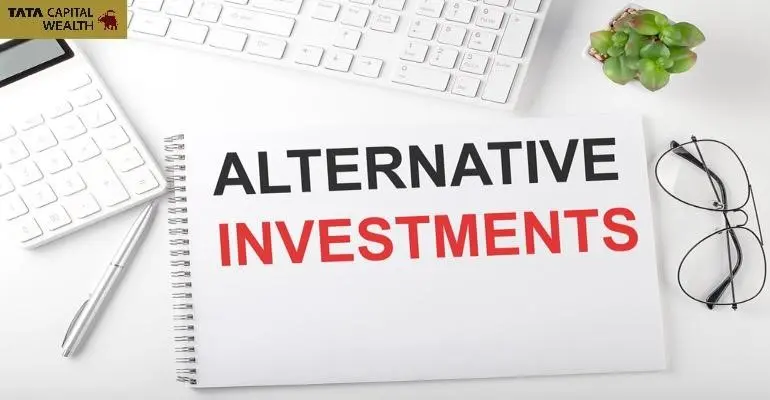Introduction
Special Purpose Acquisition Companies (SPACs) have become a new way for businesses to go public, especially for fast-growing startups that may not follow the usual IPO timelines. SPACs are gaining traction worldwide, and India’s investment scene is starting to feel their impact.
At the same time, Alternative Investment Funds (AIFs) are playing an important role in directing private money into startups, infrastructure, and new industries. As regulators and investors look for new structures, the connection between AIFs and SPACs is becoming more important.
For investment managers interested in this area, Online AIF Registration in India is a growing trend that makes compliance and market entry easier.
What are SPACs?
A SPAC is a “blank-cheque company” set up to raise money through an IPO with the goal of acquiring or merging with another business later. Key features include:
- No commercial operations at start
- Funds are held in trust until a suitable target is found
- Set timelines to finish acquisitions
- Investors receive shares plus warrants for potential upside
SPACs offer a quicker way to enter the public market compared to traditional listings.
Understanding AIFs in India
AIFs are private investment vehicles regulated by SEBI. They invest in alternative asset types like unlisted companies, debt instruments, and infrastructure projects. With increasing public involvement and easier compliance systems such as Online AIF Registration in India, more fund managers are entering this field.
Types of AIFs involved in private deal structures:
| Category | Investment Focus |
|---|---|
| Category I | Startups, SMEs, socially beneficial sectors |
| Category II | Private equity funds, debt funds |
| Category III | Hedge funds, high-volume trading strategies |
How SPACs and AIFs Work Together
AIFs frequently invest in businesses before they go public. SPACs can offer a smooth way for these companies to list worldwide. This arrangement benefits both investors and target businesses.
Key collaborations include:
- AIFs can invest in SPAC sponsors or SPAC IPO units
- PE/VC funds (Category II AIFs) back the pipeline targets for SPAC mergers
- AIFs step in as post-acquisition investors to help with business growth after listing
This creates liquidity and exit options for AIF investors, which is a significant edge over traditional private equity timelines.
Regulatory Environment in India
SPAC listings are still in the early stages in India, but SEBI and the government are actively working on regulatory frameworks. AIFs currently gain SPAC exposure through:
- Overseas investment limits
- Partnerships in the global SPAC market
- India-focused SPAC sponsor teams
As regulations develop, it is likely that India-based SPACs will become more common, encouraging more Online Alternative Investment Fund Registration in India.
Benefits of SPAC-AIF Collaboration
| Benefit | Impact |
|---|---|
| Faster exits for AIF investors | Better liquidity |
| Access to international capital markets | High-growth companies expand more quickly |
| Lower IPO risks | Less uncertainty during market fluctuations |
| Value discovery at earlier stages | Improved pricing outcomes for portfolio companies |
Challenges to Consider
Despite the potential, there are some concerns:
- Lack of clear regulations in India
- Increased risk if a SPAC fails to find a target
- Possible valuation differences during mergers
This is where expert advice from an AIF Registration Consultant becomes essential to manage risk, structuring, and compliance.
Future Outlook
India is gradually aligning with global investment trends. As SPACs gain acceptance, AIFs are poised to play a vital role in:
- Finding valuable acquisition opportunities
- Offering strategic funding before and after mergers
- Channeling domestic capital into global growth stories
With easier processes for Online AIF Registration in India, more investment managers can effectively take advantage of SPAC-related opportunities.
Conclusion
SPACs and AIFs form a powerful partnership that can transform India’s investment landscape. As the regulatory environment changes, early movers with the right expertise can enjoy diversified exposure and profitable exits.
If you’re planning to start a fund that can tap into these emerging opportunities, consider getting advice from a qualified AIF Registration Consultant to ensure smooth compliance and structuring.









